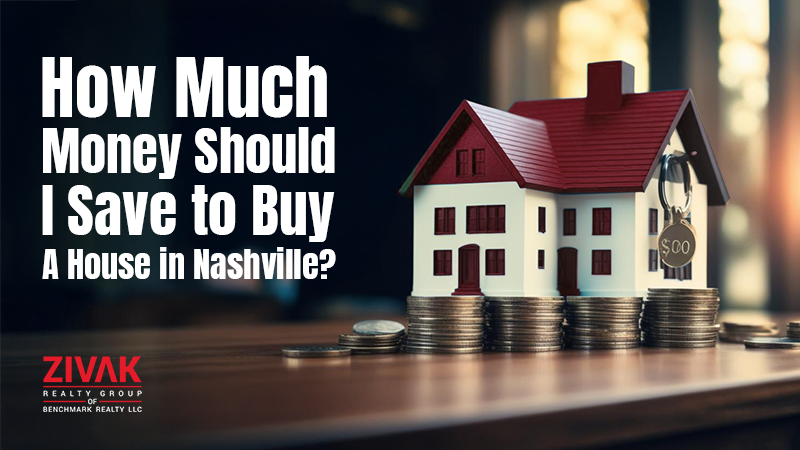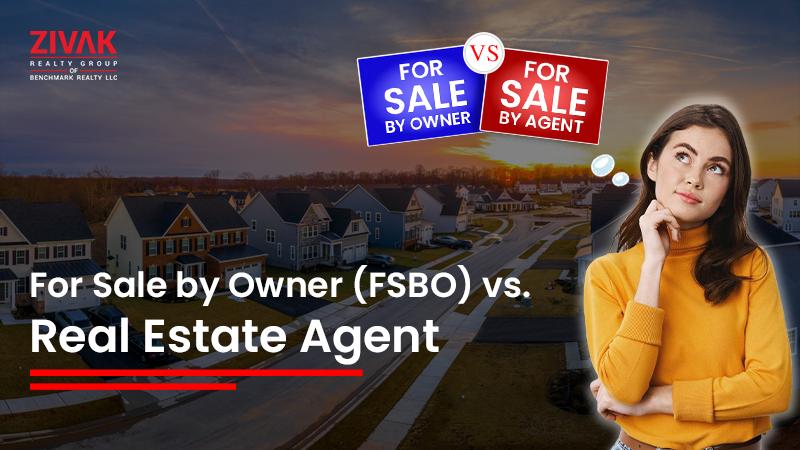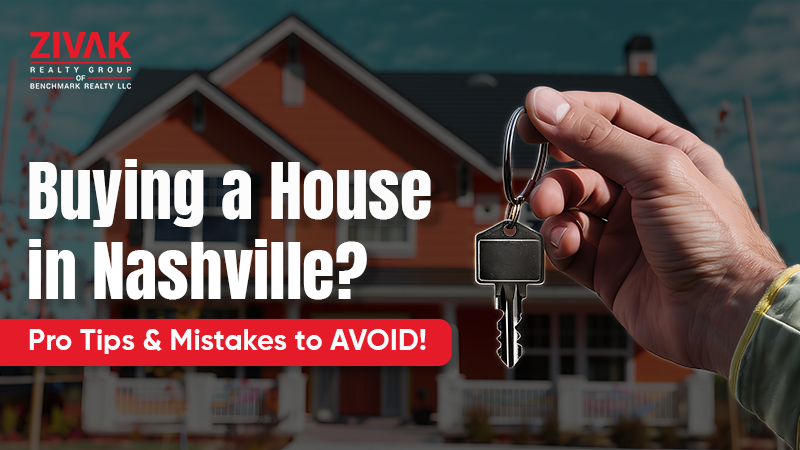Planning to buy a new home in Nashville this new year?
Whether you’re searching homes for sale in nashville, Tennessee, or plan to buy a condo, congratulations on taking the next step toward financial independence. Owning a home in the bustling city of Nashville is nothing short of a savings account where you can live!
However, planning to buy a house isn’t enough. You need to consider ownership details, such as the down payment, stamp duties, and taxes. What’s more? You must also start sound financial planning to make it a reality.
There are four primary categories to save when buying your new home, namely:
Your down payment
Closing costs
Earnest money
The 1% rule
So, before you leap into action, read this blog to learn more about the money you need to buy a house in Nashville. In the following sections, we will explore this topic further.
Main Categories to Save Money When Buying A House in Nashville

Down Payment
If you plan to get a mortgage (a loan from a lender), you must make a down payment to purchase a house.
But what’s a downpayment?Simply put, a down payment is a percentage of the total purchase price paid to the seller beforehand. The balance will come from your mortgage. Remember that the more money you put in as an upfront payment, the less you’ll need to pay monthly.
Different Aspects of Down Payment
Down payments are different across the state. Currently, most lenders require a down payment of 3.5% to 5% of the home’s purchasing price.
For instance, if you plan to buy condos for sale in the Gulch Nashville, TN, you’ll have to pay nearly 20% upfront fees. However, if you pay less than 20% upfront, you will be compelled to pay private mortgage insurance (PMI) in addition to your monthly mortgage cost.
This price includes the interest, taxes, principal, and insurance. You pay PMI until your home’s loan-to-value ratio hits 80%, at which point you will have paid down 20% of the loan.
Closing Costs
Next, we have the closing cost, an upfront fee for buying a new house. This fee is generally paid at the closing and covers the appraisal, inspections, and homeowner’s insurance.
Let’s look at these up-front fees in detail:
#1 Appraisal
Lenders require an upfront appraisal fee before closing. This step is necessary to secure the appraisal needed for loan approval. At this stage, homeowners should expect to spend between $350 and $500 (estimated), depending on the appraiser, lender, and home size.
#2 Inspection(s)
Every inspection you order must be paid upfront during the service. The estimated house inspection rates range from $250 to $600, depending on the square footage. In addition to the original home assessment, other factors include mold, termites, septic systems, radon, and structural inspections.
#3 Home Owners Insurance
Most insurance providers and lenders require upfront payment of one year’s worth of homeowners insurance before closing the deal. However, rates may vary according to the location, value, and type of house.
Additionally, you must pay loan processing fees and other expenditures, such as title processing, when purchasing homes or condos for sale in downtown nashville tn. Closing costs generally range between 2% and 3% of the mortgage loan. Depending on the market, you can negotiate with the seller to cover some closing fees on your behalf.
Note:
Property buying is a seller’s market, meaning there’s more demand for homes than supply. Therefore, we suggest restricting your negotiations to make your offer more competitive.
Earnest Money
Earnest money is paid to the title company when you enter into a contract. It is a token of your commitment to the deal, showing the seller you are serious about buying this house.
While the buyer decides how much earnest money to offer, providing at least 1% of the purchase price is courteous. This money is refundable if you do not back out and stay within the contract terms. The earnest money goes towards closing expenses or down payment when you close the purchase.
The 1% Rule
When planning to buy a house, you must stay ahead with your financial planning. Interestingly, that’s where the 1% rule steps into the picture. It’s a good idea to save 1% of the purchase price after closing in case anything unexpected happens.
If you’re purchasing an older property that already needs repairs, you should budget for extra. Homeowners can anticipate spending between 1% and 4% of their home’s cost on upkeep and repairs each year.
Takeaway Steps Before You Start Your Home Search
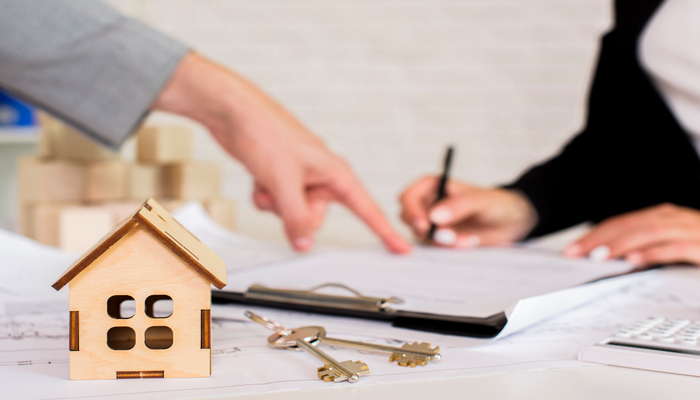
Before you begin your search for the perfect home in Nashville, we suggest following these crucial steps:
Step 1: Check Your Credit Score
Your credit score determines your mortgage alternatives and interest rates. The higher your credit score, the better your chances of getting the required funds for a mortgage. However, if your credit score is low, we suggest paying off debt or reporting the inaccuracies on your credit report.
Step 2: Create A Budget
Sit down and analyze your money. How much can you comfortably afford in monthly mortgage payments? A reasonable rule of thumb is to keep housing costs at or below 28% of your monthly income.
Moreover, you must be cautious about your overall debts. They should not exceed 36% of your total income. Remember, your price point is one of the first questions realtors ask when you are searching for a new house.
Step 3: Get Pre-Approved for A Mortgage
Getting pre-approved for a mortgage will help you understand how much you can borrow. It also lets merchants know you’re a serious buyer.
Pre-approval entails a lender analyzing your financial status and providing a conditional loan amount depending on your debt, income, and credit score.
Step 4: Research the Market
Understand the housing market in and around Nashville. Research house pricing, market competition, and local trends before you explore brentwood nashville houses for sale. This will allow you to make more educated selections when it comes time to make an offer.
How Much Should You Save to Buy A New House in Nashville?
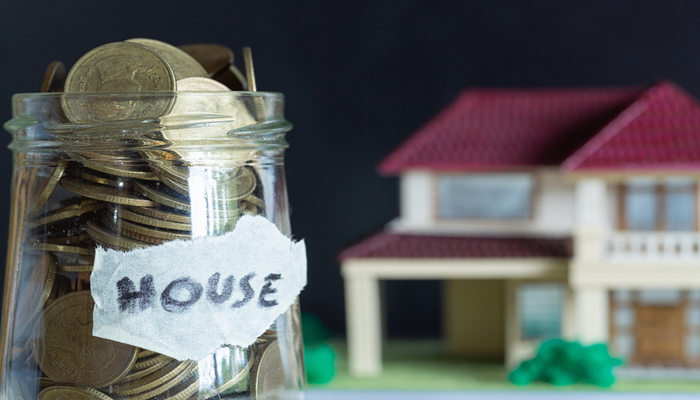
Saving for a home in Nashville can be a challenge, especially when you have no idea about the details of the transactions. Besides, there are multiple aspects of purchasing a property that you need to look into.
Therefore, to help you analyze the value, here’s a simple example of how much you’ll need to save to buy a $520,000 home in Nashville.
| Factor | Cost |
|---|---|
| Down Payment (5% of $520,000) | $26,000 |
| Closing Costs (3% of $520,000) | $14,820 |
| Earnest Money (1% of $520,000) | $5,200 |
| Closing Emergencies (1% of $520,000) | $5,200 |
| Total Savings | $51,220 |
This indicates that you’ll need to save over $51,220 to purchase a $520,000 home in Nashville.
Explore Nashville, TN Housing Market
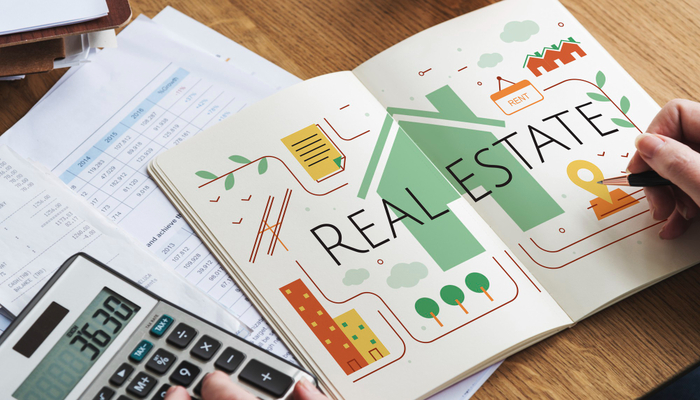
Explore the Nashville real estate market carefully before buying your new home. Owning a property in Nashville or elsewhere in the area can be significant. However, before you proceed to the next steps of purchase, you should understand the local real estate market trends in nashville.
It would also help if you connect with the best realtors in Nashville, TN, like Zivak Realty Group. These experts can help you gain an edge in the competitive real estate market.

